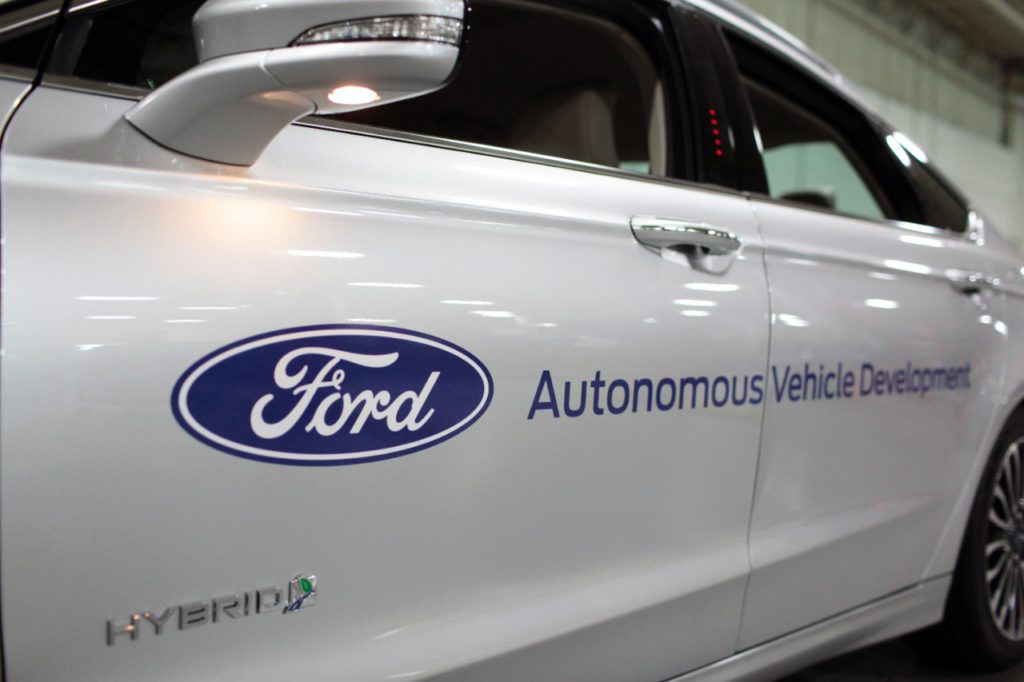Autonomous cars will only have a four-year lifetime
29 August 2019

Autonomous cars will only have a four-year lifetime
29 August 2019
A top executive at Ford has predicted that autonomous vehicles will only last for four years due to their popularity.
Dismissing the notion that demand for self-driving cars would wane, John Rich, operations chief of Ford Autonomous Vehicles, suggested instead that their increased use would lead to shorter lifetimes, meaning fleets would need constant replenishment.
′The thing that worries me least in this world is decreasing demand for cars. We will exhaust and crush a car every four years in this business,' he told The Telegraph.
Future technology
Ford is planning to establish an autonomous fleet which will be used as a service by other companies, for deliveries, or to transport employees. The company owns start-up Argo AI, which is currently testing driverless technology in five cities in the US.
Analysts have warned that the industry could be hit by a decline in private ownership as autonomous cars operating as a service replace private car ownership.
But Rich argued that the self-driving car fleets would be cheaper and more efficient, and would, therefore, be used much more than private cars are currently, increasing wear-and-tear.
′Every shred of evidence we've seen says that as you drive down the cost per mile, the miles travelled goes up,' he said. ′You start to help under-served populations [and] you start to move a lot more people.'
Rich's argument seems to suggest that Ford is pursuing a path towards utilising internal combustion engines in its driverless fleet, rather than electric powertrains, which the company is believed to be behind on in their development. It is this reason that the US carmaker has forged an alliance with Volkswagen, the German company investing in Argo AI to push ahead with its own autonomous research.
The company has said it plans to transform itself from a carmaker to a mobility company and has backed up this transition by investing in various start-ups and buying a scooter firm as it looks to diversify. Ford has been hit by a global automotive slowdown, selling just under six million vehicles in 2018.
It recently launched ′The most comprehensive redesign in the history of its business in Europe' which comes as the company is on track to significantly improve its financial results in Europe this year, paving the way to sustainable profitability and its longer-term goal of delivering a 6% EBIT margin.
The redesign will see around 12,000 jobs cut on the continent by the end of 2020, including 2,000 salaried positions. These loses are part of the company's plan to cut 7,000 salaried positions globally by the end of August.